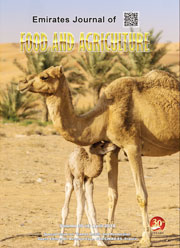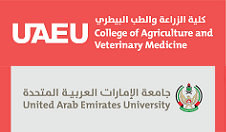Biosurfactants as inhibitors of the adhesion of pathogenic bacteria
DOI:
https://doi.org/10.9755/ejfa.2022.v34.i1.2803Abstract
Biosurfactants have gained more attention in the past decade as possible medical resources. They are useful therapeutic agents against
many infections because of their antibacterial, antifungal, and antiviral properties. Additionally, the anti-adherent activities of these
compounds counter to a number of pathogens suggest that they could be useful as an anti-adherent coating for medical inserts, helping
to prevent infections in hospitals without the use of chemicals. This study aims to investigate the antiadhesive activities of biosurfactants
extracted from Lactobacillus brevis and Bacillus sp. against seven clinical pathogens. Biosurfactants at different concentrations were
applied to polystyrene surfaces, and then the attachment of pathogenic strains was evaluated. The adhesion of microbes to n-hexadecane
was also studied. As a result, the bacterial strains with 50 mg/ml of Lactobacillus brevis biosurfactant displayed a 69–73% reduction in
adhesion. In contrast to the first biosurfactant, a biosurfactant extracted from Bacillus sp. significantly reduced bacterial attachment at all
concentrations studied, although to a lesser extent. As the concentration was increased in surface conditioning tests, the anti-adhesive
activity increased, showing the significance of considering this. In summary, both biosurfactants demonstrated excellent potential as
anti-adhesive compounds that can prevent microbial contamination. Our findings provided evidence that biosurfactants could be used in
medical applications.










 .
. 